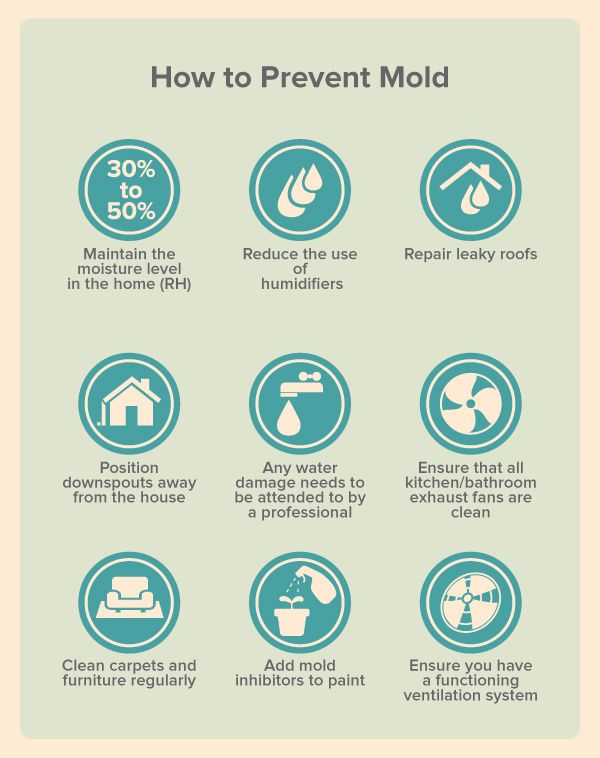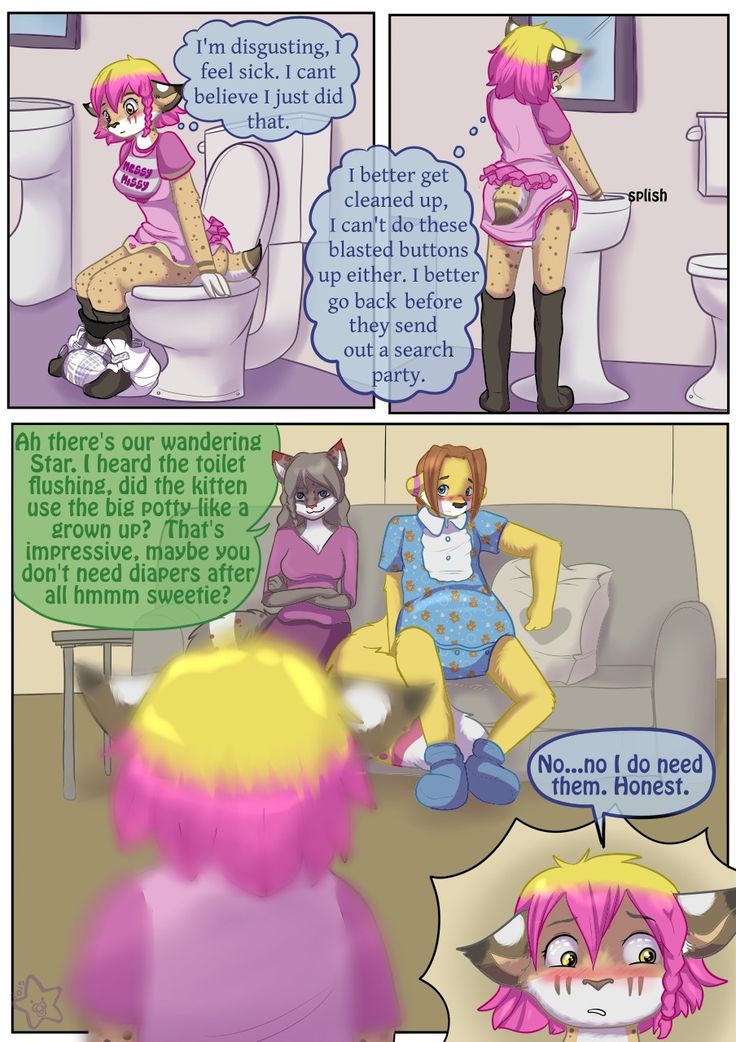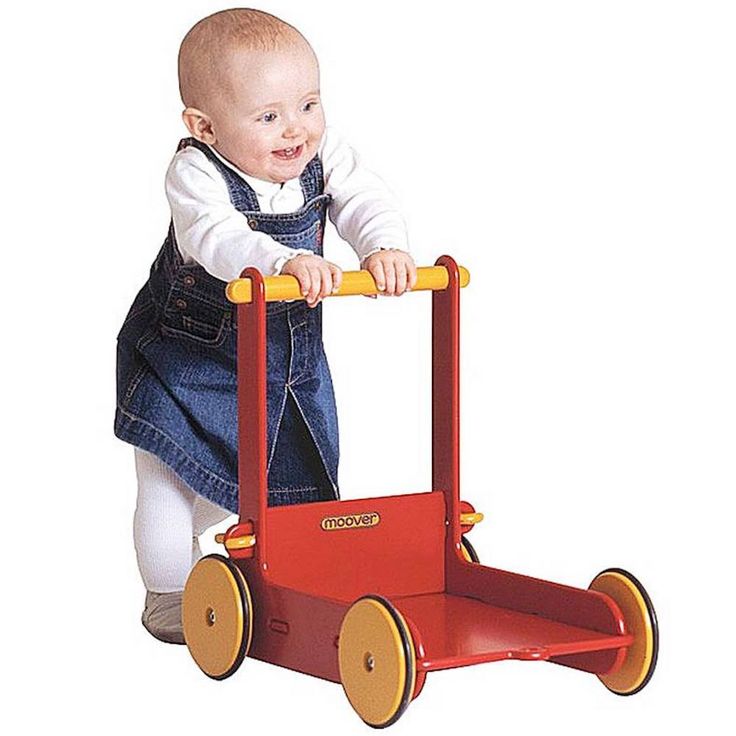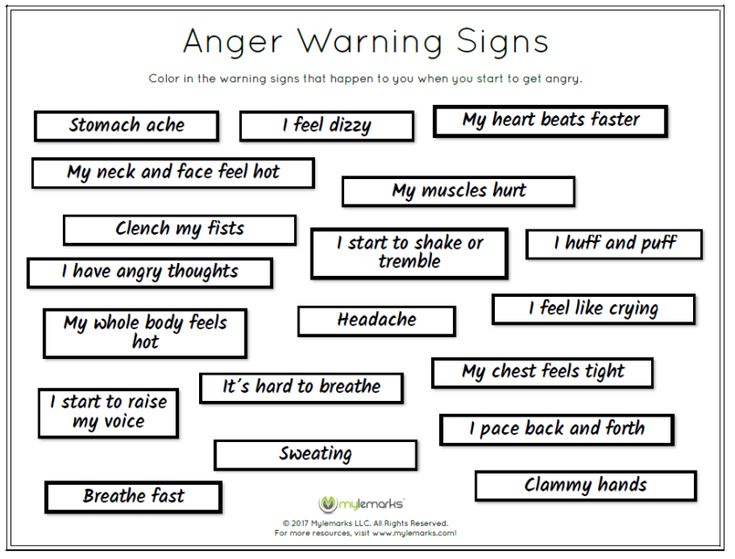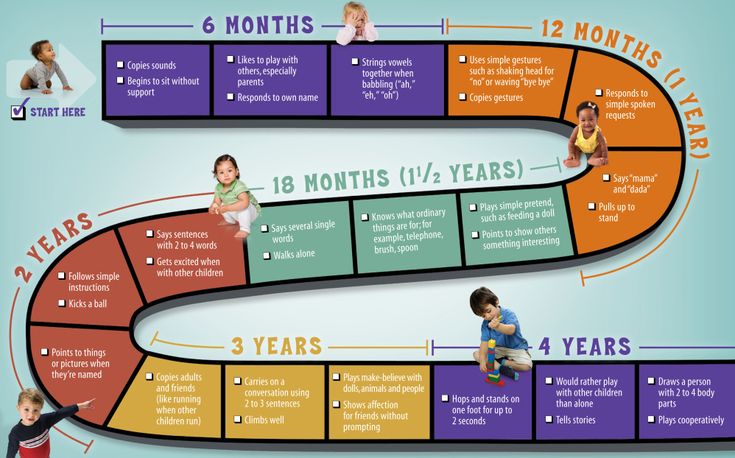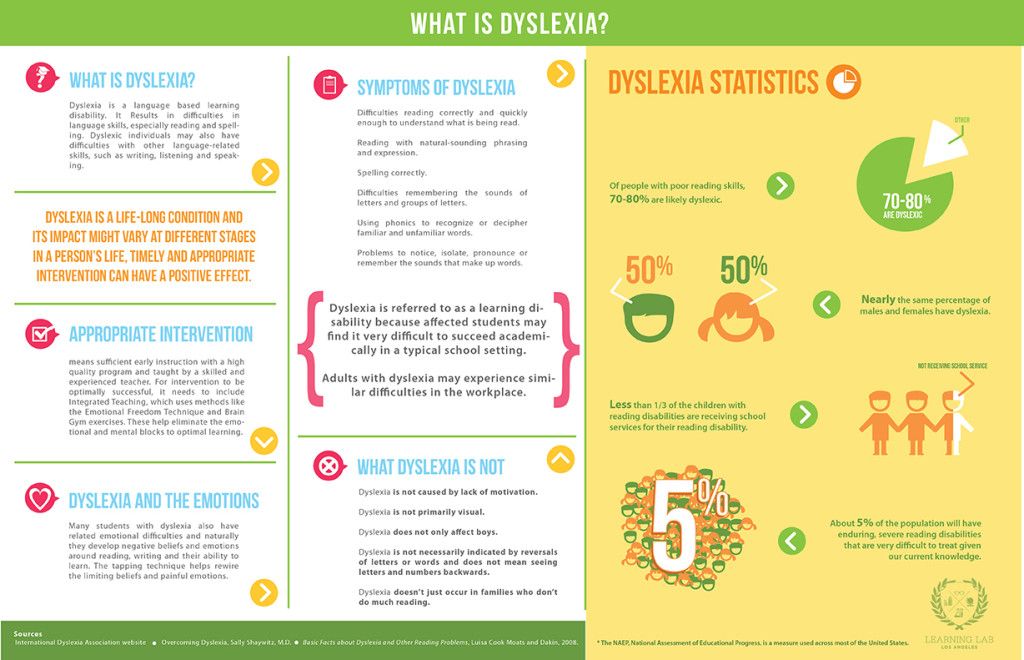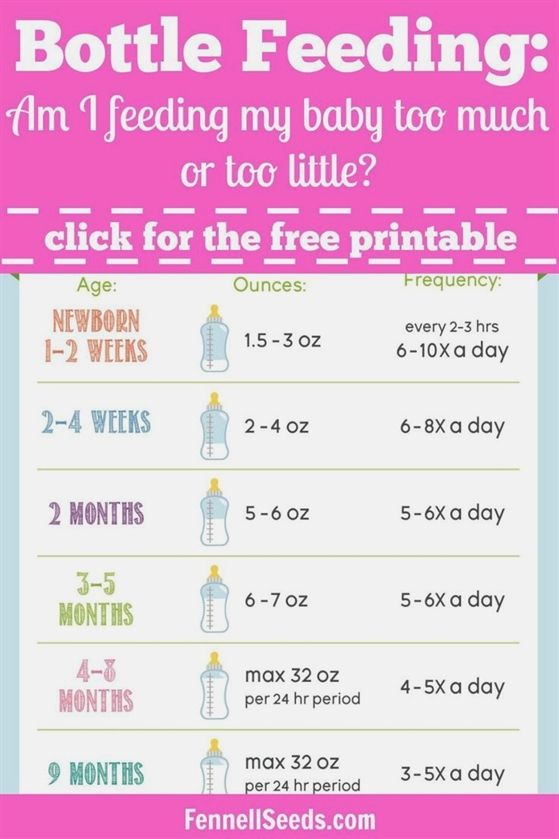How to prevent cluster feeding
Cluster Feeding Defined and How to Manage It
Here, we're tackling cluster feedings and why your baby gets fussy in the evenings, so you can rest easy and learn tips for soothing your little one.
Share this content
Cluster Feeding - Causes and Solutions
It's not unusual to have a content, cooing baby one day and a fussy little one the next who is constantly demanding to nurse. Read on to learn about cluster feeding, what causes it, how long the stage may last, and what you can do to help your baby.
Fussy Baby - Is Your Baby Cluster Feeding?
Breastfeeding creates an unmistakable bond between you and your baby. This bond brings emotional security and comfort to your baby, while providing the best nutrition possible. So, it’s no surprise babies are eager to nurse often and enjoy that special time with you.
But even if you love that special time with your baby, many moms question whether their little one’s behavior is typical and how to manage frequent nursing demands. This is what's known as cluster feeding and it's why your baby tends to get fussy in the evenings. The most important thing for you to know? In most cases, your baby's behavior is completely normal.
What is Cluster Feeding?
Cluster feeding is when your baby has several feedings close together during a certain period of time, often in the late afternoon or evening. So, even though you are feeding your little one every couple of hours most of the day, cluster feeding is characterized by your baby nursing for short periods, coming off your breast, nursing a little more, fussing, nursing more, hiccuping, and so on and so forth. Don’t worry! It’s completely normal, and some babies may cluster feed every day.
Cluster feeding is most common in very young babies, but can also happen with older babies who have a tummy ache or are going through a growth spurt.
Can I Produce Enough Milk to Meet Baby's Demand?
A mother’s body is very in tune with her baby’s needs.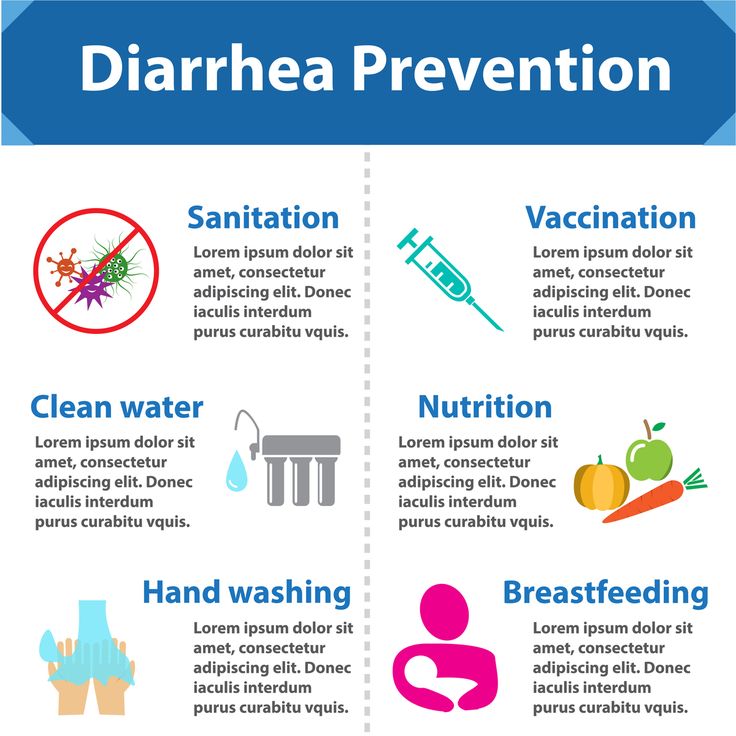 For that reason, it’s always best to nurse whenever your little one wants to. Nursing or pumping often is the best way to maintain supply and ensure your baby is getting all the breast milk they need. And while many moms find cluster feeding difficult to manage, you should know that over time, your baby will nurse less often and for less time, especially after introducing solids.
For that reason, it’s always best to nurse whenever your little one wants to. Nursing or pumping often is the best way to maintain supply and ensure your baby is getting all the breast milk they need. And while many moms find cluster feeding difficult to manage, you should know that over time, your baby will nurse less often and for less time, especially after introducing solids.
Why Do Babies Cluster Feed?
You know the drill. Your baby is happy and content all day, and then dinnertime hits, and suddenly they become ornery, fussy, and seemingly inconsolable. This type of fussiness often goes hand-in-hand with cluster feeding. So, what gives? While it’s not totally clear what causes this common nighttime ritual, researchers have some ideas:
- Baby is Overtired. It’s hard being little! If your baby isn’t getting plenty of nap time during the day, it’s not unusual for them to get tired toward the end of the day and then get fussy. And, unlike adults, babies aren’t able to calm down and just go to sleep.
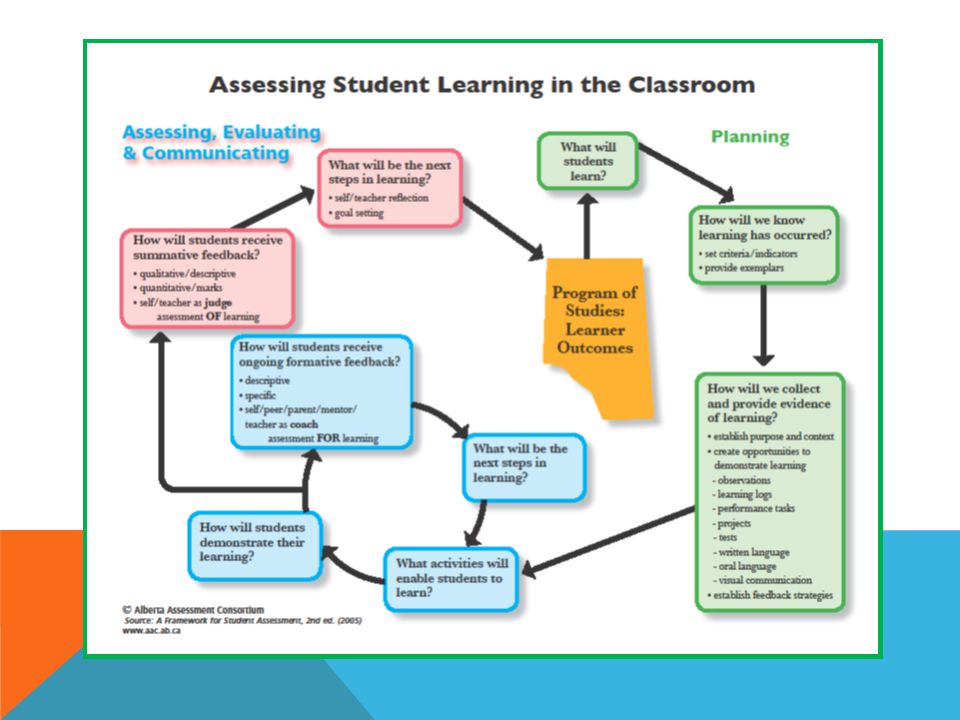 They rely on you to comfort them, snuggle them, nurse them, and help them relax so they can drift off to sleep.
They rely on you to comfort them, snuggle them, nurse them, and help them relax so they can drift off to sleep. - Baby is Overstimulated. Many doctors believe evening fussiness is caused by your baby’s immature nervous system. Basically, what that means is that your little one isn’t used to all of the stresses and stimuli of everyday life, so they react to this overload by crying. Your best bet is to keep your baby close to you (or your partner!) by snuggling and carrying them, nurse them when they want to nurse, and reduce stimuli like bright lights, loud sounds, and busy or cluttered rooms.
- Baby Growth Spurts. Your baby's little body is growing and changing fast! If they happen to be going through a growth spurt, they're going to want more nourishment and may begin cluster feeding. If that's the case, you may find your baby wanting to nurse every 30 minutes to an hour.
How Long Does Cluster Feeding Last?
A continuously fussy baby can become stressful. Don't worry, mama! Like so many other things, your baby will grow out of this stage and move on to the next. In fact, the good news is that many babies outgrow this fussy stage by 3 - 4 months old. In the meantime, be patient and know that every ounce of milk and love your little one gets is precious.
Don't worry, mama! Like so many other things, your baby will grow out of this stage and move on to the next. In fact, the good news is that many babies outgrow this fussy stage by 3 - 4 months old. In the meantime, be patient and know that every ounce of milk and love your little one gets is precious.
How to Stop Cluster Feeding
What makes cluster feeding even more challenging is that it often happens during your baby’s fussiest time. Your little one might nurse for a few minutes, then fuss, then take a little more, and so on. If that sounds familiar, try some of these soothing techniques to help calm your baby:
- Move around. Whether it’s rocking, swaying or walking, sometimes motion can help soothe your little one.
- Sing, hum, talk, or listen to soft music or white noise.
- Hold your baby or wrap them in a sling or baby carrier to help them feel close and secure.
- Reduce stimulation by taking your little one into a quiet, dark room or try swaddling them.

Don't forget to give yourself a break too! Fussy babies and cluster feeding can be frustrating, so it’s important to take a moment to relax. Hand your little one off to your partner or put them in their crib if they’ve finally dozed off, and go for a short walk, take a shower, or just sit by yourself quietly for a few minutes.
Do's & Dont's (Plus How To Do It Right)
What's in this post...
Are you busy with a cluster feeding newborn? This will help you know what to do so you’re not up all night feeding a baby every hour.
Newborns are perfectly snuggly and sweet and warm and wonderful. It’s like you are focused on being so heavily pregnant and making it to birth and then… in an instant you have a tiny person that is so perfect.
And dependent on you.
But it can be hard to survive.
If they won’t sleep well, don’t seem to be eating well, and are irritable due to gas pain, overtiredness, or even baby teething… then you can feel like you’re slowly starting to lose your mind from lack of sleep and complete world upheaval.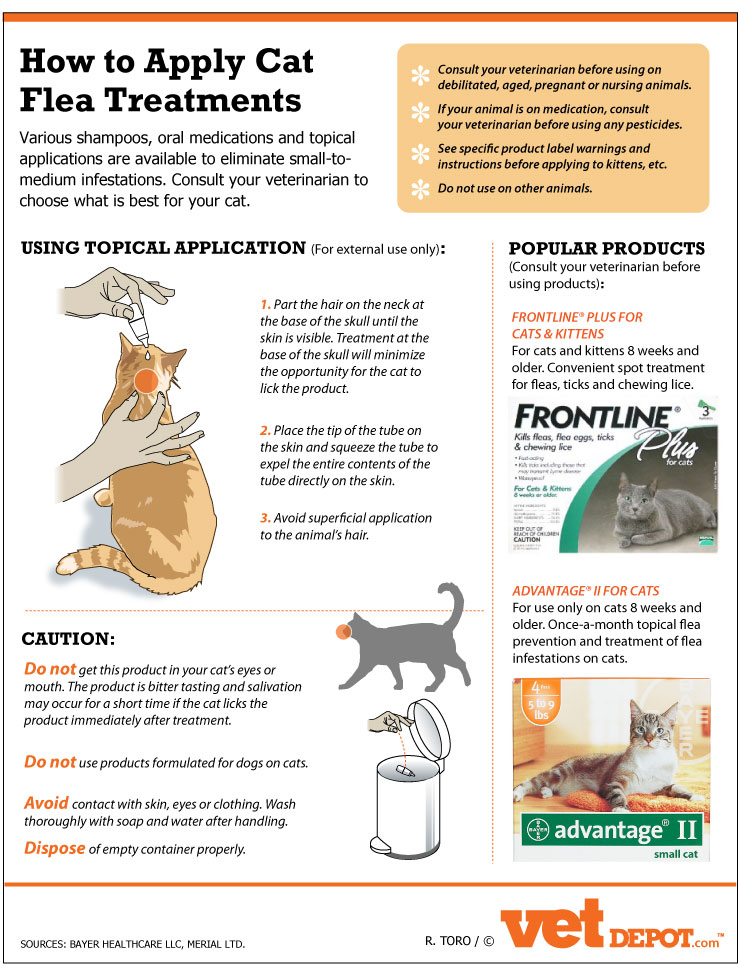
A common phenomenon with little ones… cluster feeding.
What is it?
Cluster feeding (n): A breastfeeding pattern when baby groups several feeding sessions in a short window of time. It can happen for a number of reasons (some purposeful, some not), which we’ll dive into below.
Some other names for this are topping up or tanking up (giving baby a bit more to make sure they aren’t hungry when they go to bed) or even split feeding.
Split feeding is used when you sort of divide up a feed into two so that baby gets what they need immediately, then some more again before going off into dreamland.
How babies cluster feed – 4 likely scenarios:
- Baby cluster feeds at night, but not during the day.
- Baby cluster feeds both day and night.
- Or baby snacks all day but never takes full long feeds.
- Baby cluster feeds sometime in the late afternoon/early evening period (5 pm to 11 pm) on purpose.

Rules of thumb while cluster feeding your newborn
Cluster feeding can really feel difficult or confusing, but I want to assure you that these newborns days are intense yet they will pass.
And the habits you start now can create a strong foundation then fade out naturally into a mutually beneficial routine.
Remember, during this time you may find your baby log comes in handy to refer back to. You certainly don’t need to keep track of anything, but organized mamas often feel comforted by this. Knowing that baby is getting enough milk and sleep throughout the day.
Reasons cluster feeding works
So first of all, you’ll end up cluster feeding at some point in the day with your newborn.
Their tummies are tiny and they need to fill them up at regular intervals.
This is actually a good thing and you can use this feeding rhythm to your benefit in a way that means baby gets more sleep and you do too.
Read: End Baby’s Witching Hour — In 4 Simple Steps
If you are reading this, exhausted from excessive breastfeeding (which according to research is a common reason many mothers abandon breastfeeding altogether) then please know you don’t have to feed every hour around the clock to successfully breastfeed.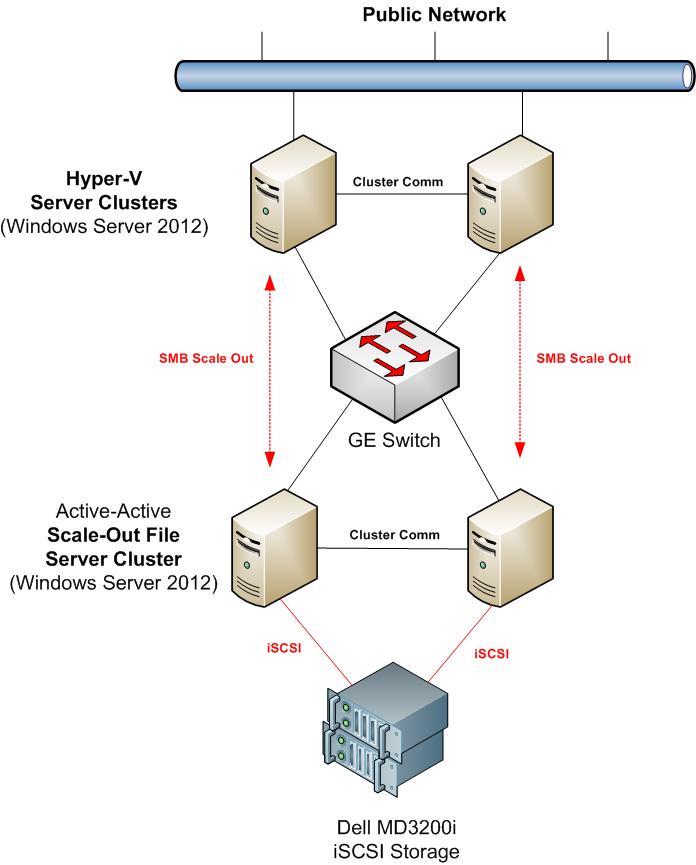
As a certified infant and child sleep consultant and mother of 5, I can attest to this.
Reasons Tanking Up Is Beneficial And Why Babies Do It:
- Your baby gets lots of nourishment in a shorter period of time which is beneficial during the late afternoon/early evening hours when, depending on your personal stress levels, milk quality may be lower.
- Baby can sleep longer stretches after cluster feeding periods.
- Mom can sleep longer stretches because baby is sleeping longer stretches.
- Milk supply can be kept up with regular feeding.
- Cluster feeds help babies get through growth spurts by maintaining adequate milk supply.
- Your baby is less likely to wake up early from a nap or night sleep due to hunger.
Read: Dreamfeed: The Why, The How, & When To Stop
Watch my video on an important cluster feeding issue.
Hourly feedings at night: day night confusion?
If your baby cluster feeds at night, but not during the day then sweet baby probably has some day night confusion going on.
The goal is to make those cluster feeds during daytime hours so they’re sleeping longer stretches at night.
If baby wants to nap for 4 hours during the day… well… don’t let him!
Follow my newborn sample routine or my week by week newborn schedule and do what works for you, but know that if you let baby sleep long stretches during the day he will be up more frequently at night.
Lots of lengthy daytime naps lowers baby’s sleep need. A baby only needs so much deep sleep in a 24 hour period and if he’s getting it during the day… he won’t at night.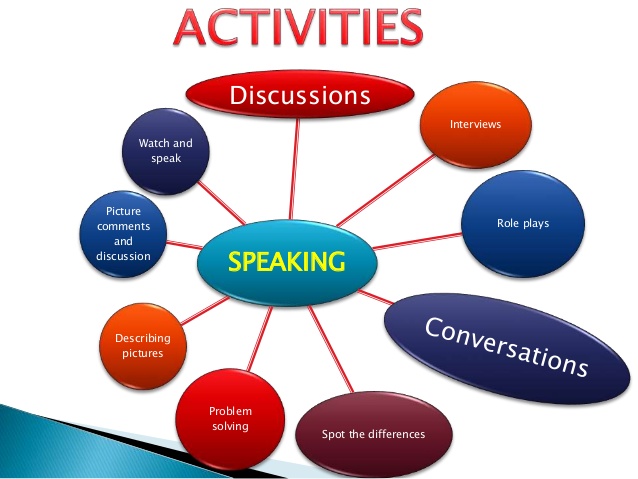
Read: What To Do When Baby Is Feeding Every Hour (& Not Sleeping!)
Newborn Settling Guide
Tried-and-true *hands on* newborn settling strategies that even the most fussy (or wide-awake-sleep-refusing) newborns cannot resist!
Learn More
The way forward?
Purposefully cluster feed your newborn in late afternoon and early evening and make sure baby is taking full feeds.
This means at least 10 minutes per breast if you’re nursing, often times twice that.
Read: Cocooning a Newborn & 7 Reasons Why it Can Be Good For The Family
PRO TIP
You can tell when baby is no longer actively nursing but just remaining latched on in a few ways.
First, look at the muscles on baby’s cheek. If they are nursing it will be moving up and down. Next, discern whether baby is swallowing or not.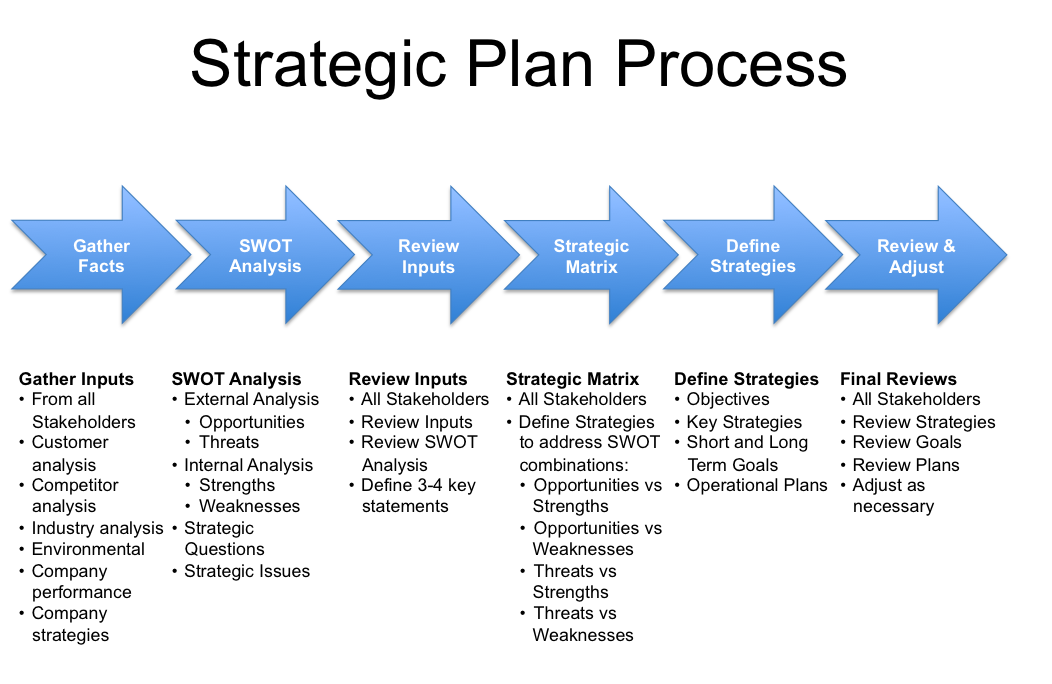
Then, look at baby’s chin, is it moving as it does during active sucking (aka nursing).
If none of these are happening baby is likely asleep and engaging in non-nutritive sucking.
Read: How To Fix Day/Night Confusion In 3 Nights Or Less
Cluster Feeding CHECKLIST
Use our checklist to use cluster feeding to your advantage without feeding every hour all day every day!
How to stop cluster feeding at night (if you’re ready)
Whew.
Ain’t no mama want to be up every hour at night. The good news is you don’t have to be.
Even if you are feeding every hour through the night, you can shift that and begin getting longer stretches at night.
What’s the only way to stop cluster feeding at night?
Make sure baby is getting as much milk as they can throughout the day.
Don’t let baby snack while nursing. 10 minute feeds throughout the day mean baby will be up all night because baby is hungry and needs milk.
When you start giving baby full feeds throughout the day (this will mean you’ll have to do jump through some hoops to keep baby up) and baby settles into a predictable routine then they’ll sleep longer stretches at night.
Read These While You’re At It
Purposefully cluster feed in the late afternoon period when the milk supply is at its lowest quality (4 pm onwards) so that baby’s tummy is as full as it can be.
This will promote deeper sleep.Eventually, even if baby wakes frequently at night for feeds, if you are not giving long full feeds throughout the night baby will get it.
It’s super hard when your newborn is cluster feeding all night, but you will get there and it will get easier!
Read These While You’re At It
Are you feeding your newborn both day and night?
If you have a cluster feeding newborn both day and night there are only a few likely alternatives.
- Milk supply is low and baby is starving.
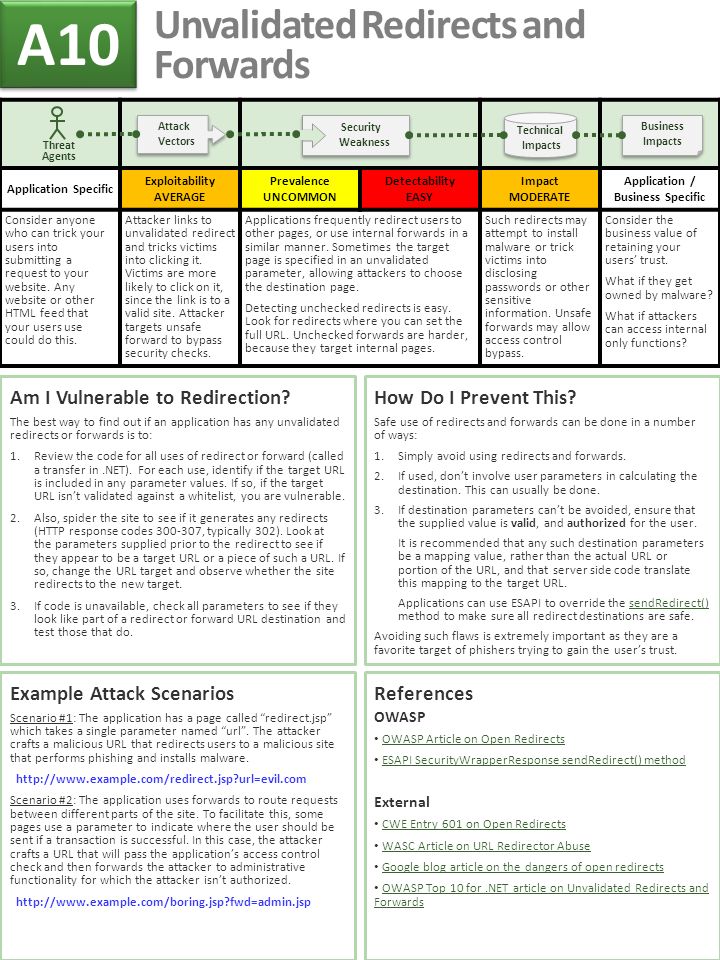
- Baby is going through a growth spurt and is starving.
- Baby is only “snacking” and not taking full feeds or getting to the hindmilk rich in nutrients because he just takes a bit then stops.
The best way to help baby stop cluster feeding day and night is to determine which issue you’re having.
If it’s milk supply then continue feeding until your supply is up or supplement with formula (see a lactation expert).
Alternatively, if baby is going through a growth spurt then there’s nothing to do but wait it out and feed baby as much as possible to keep them full and get your supply up to meet the demand.
Newborn Feeding Chart
Use this simple printable chart to track your feeds to make sure baby is fed, your supply is up, and everyone is well.
What to do if baby only “snacks”
- Keep baby awake during feeds by taking off their clothes except diaper.
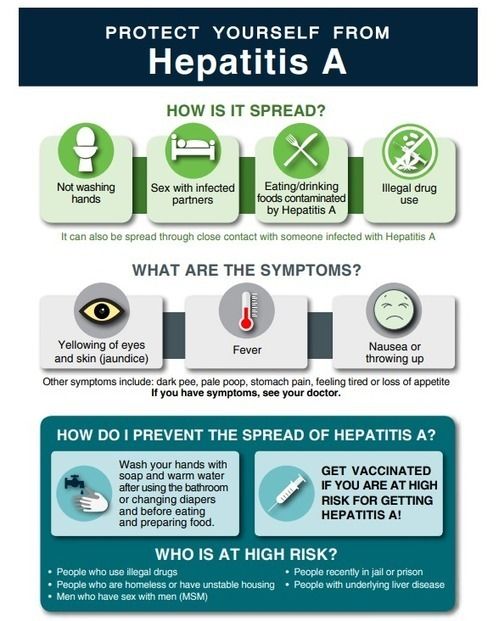 You can also rub their feet, cheeks, or hands with a baby wipe or keep trying to stimulate them to stay awake long enough to feed. You can put them on a soft blanket or tummy time mat and let them kick in their diaper until they’ve woken up, then continue feeding.
You can also rub their feet, cheeks, or hands with a baby wipe or keep trying to stimulate them to stay awake long enough to feed. You can put them on a soft blanket or tummy time mat and let them kick in their diaper until they’ve woken up, then continue feeding. - Try not to put baby down to sleep if they fall asleep while nursing unless they just won’t wake up. Keep trying to feed baby even if it takes a bit of time so they’ll get as much as they can.
- Differentiate between active nursing and non-nutritive sucking, and let baby do one but maybe not the other.
- Give the baby a pacifier (the pacifier I recommend that stays in baby’s mouth) if they wake and want to nurse right after having nursed a short time ago. They might just need to satisfy the sucking urge and this will help. Also, the next time they feed after this will mean they’ll take more milk and keep your supply up. “Snacking” can contribute to a lower milk supply because baby is never emptying a breast and getting the rich milk.
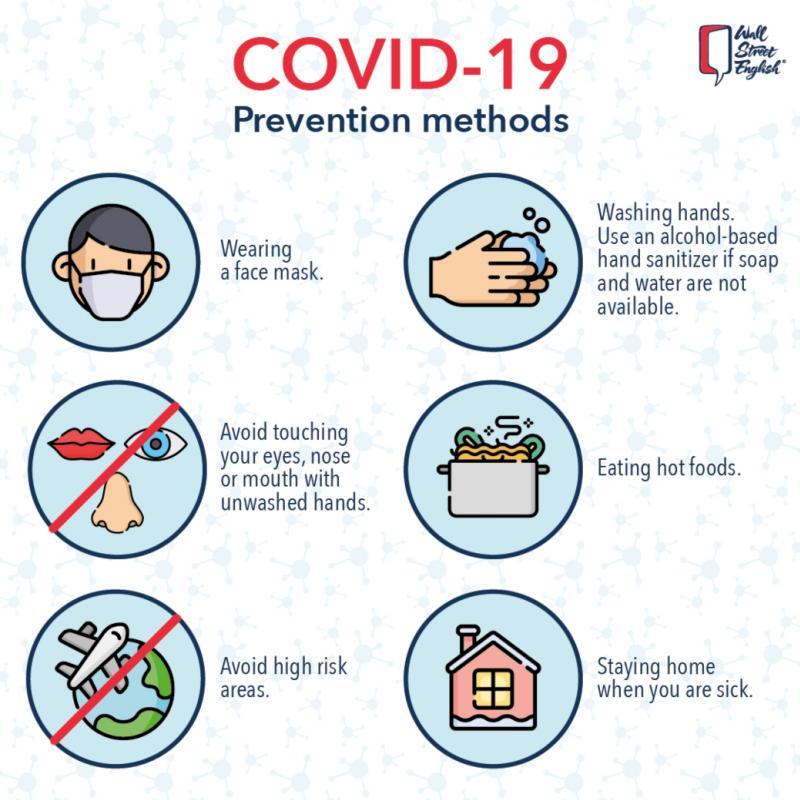
Eventually by doing those things baby will stop snacking and start taking fuller feeds which will naturally result in longer times between feeds.
Read: The Ultimate Newborn Sleep Schedule: Week By Week For The Postpartum Period
Cluster feeding in the early evening
The prime time to have newborn cluster feeding sessions is the late afternoon early evening.
As I previously said, the milk supply can be lower in quantity and quality at this time due to the stresses of the day.
Because of this, feeding baby every 2 hours for a few hours will help keep your supply up, will keep the little one happy, and will set them up to sleep longer stretches at night.
Your evening routine might look something like this.
4:30 p.m. Nurse and nap
6:30 p.m. Nurse and catnap (or skip nap)
8:30 p.m. Nurse and bed
10:30 p.m. Dreamfeed
By purposefully cluster feeding in the right time you’ll help everyone sleep more at night while keeping your precious one topped up on milk.
Summary
- Feed every 1.5 to 2 hours during the early evening.
- Give baby plenty of milk before their bedtime so they are satisfied and sleep longer.
- Cluster feed during the DAY so you don’t find yourself having to cluster feed at NIGHT.
- Drop the cluster feeds when baby is no longer interested in one of the feeds.
Remember, feeding at frequent intervals in the late afternoon early evening will not solve actual sleep problems, but it will help your little one have a full tummy.
Sleep issues might subside if they were hunger related.
Cluster Feeding CHECKLIST
Use our checklist to use cluster feeding to your advantage without feeding every hour all day every day!
Rhythms, Routines, & Schedules Pack
Easy to implement routines, rhythms and schedules from birth through school-aged kids to help you streamline day-to-day life with kids, including a step-by-step guide for getting started.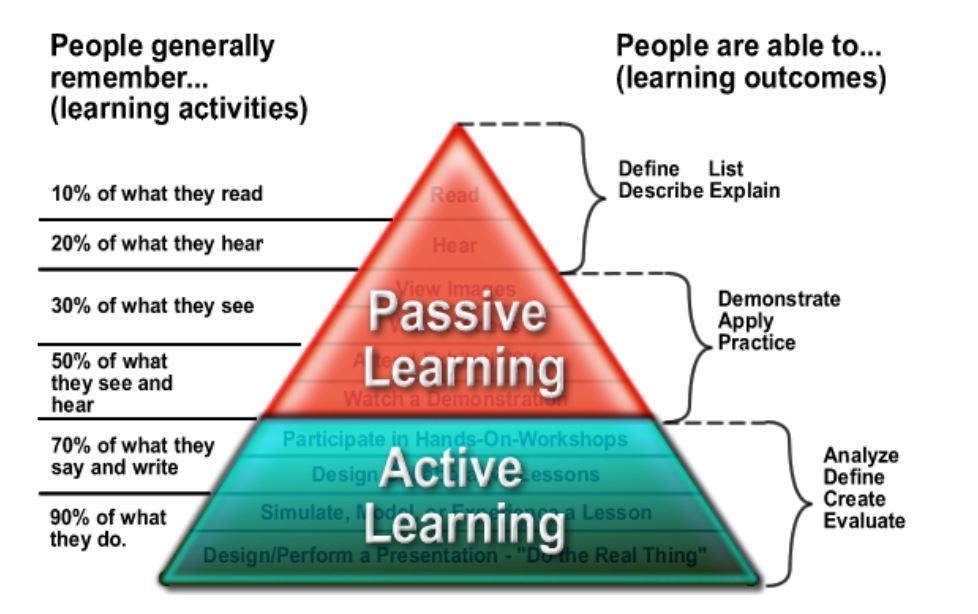
Learn More
Need sample routines for babies 6 weeks and older?
By now, you know how to handle the early days, but what after? Here is the good news: you’ve set your baby up for a foundation of success.
Now all you need to do is continue to find routines that work for you and your baby as they grow up and begin getting bigger and bigger.
Sob.
After having 5 babies with 5 different personalities, I know a thing or two about finding a good schedule.
This is why I’ve created a book of sample routines and schedules for babies ages 6 weeks up to 5 years.
The book includes information on how long to let baby stay awake, how much play time is good for each age, what to do with baby when baby is awake but not quite mobile, and even how to manage toddler and baby joint routines.
Chapters covered in Rhythms, Routines & Schedules include:Section One: Sample Schedules
- 6 Weeks to 3 Months Old
- 3-6 Months Old
- 7-9 Months Old
- 9-12 Months Old
- 12-18 Months Old
- 2-3 Years Old
- 4-5 Years Old
Section Two: Tips and Tricks
- Tips for Managing the Day With Multiple Children
- Daily Rhythms for an Only Child Ages 1-4 Years Old
- Daily Rhythms for Multiple Small Children Ages 0-5
- Sample Bedtime, Mealtime, and Playtime Routines
- Tips for Keeping Kids Busy Throughout the Day
For more sample routines, mom tested and approved schedules for babies ages 6 weeks and up, check out Rhythms, Routines & Schedules right now.
Cluster Feeding FAQ
How long does cluster feeding last?
Cluster feeding typically will happen until around 4 or 5 months of age. Once baby is around 5 months (see the 5 month old schedule here) and they are eating solids, there isn’t as much of a need for cluster feeding.
Does cluster feeding increase milk supply?
If your supply is low and baby is frequently feeding, this will increase your supply. Milk supply and quality is typically lower in the late afternoon early evening and cluster feeding can help fill baby.
Can you overfeed a breastfed baby?
Babies need to eat when they are hungry. Too much “snacking” can mean that baby is getting a lot of the foremilk which is less nutrient dense and will contribute to more feeding. Solution? Full feeds with hindmilk for baby.
Is cluster feeding all day normal?
Yes and no. Babies can tend to feed every hour all day long if they aren’t getting enough milk or they are snacking. If baby is feeding every hour all day long they’re not actually getting much food, they are using your breast as a snack bar.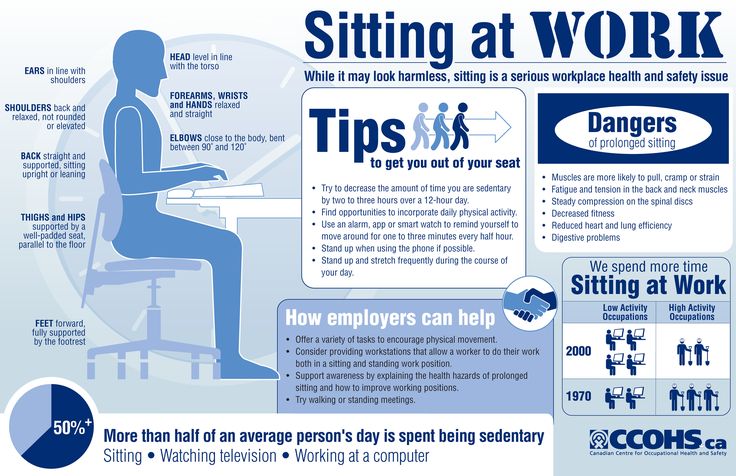 If you’re okay with this, then you’re good to go. And if not, focus on full feeds.
If you’re okay with this, then you’re good to go. And if not, focus on full feeds.
Is it normal for a newborn to breastfeed every half hour?
If babies take full feeds (nursing for 30 to 45 minutes typically) they won’t need food every half hour or even every two hours. If they snack they will feed more frequently.
Sources:
- Fatigue associated with breastfeeding is a major cause in why women stop
- Excessive night waking is associated with increased maternal depression
- Breast milk composition (specifically nucleotides) helps varies by time expressed, late evening feeding linked to more melatonin production in babies
Family Routines Reboot
Take our 3 day challenge to create life-giving family, child, and self-care routines.
Learn More
::
Difficulties in feeding the baby
Listen to the audio version
- listen on the Apple Podcasts platform
- listen on the Google Podcasts platform
time is naughty and worried, and you don’t even have time to go to the toilet.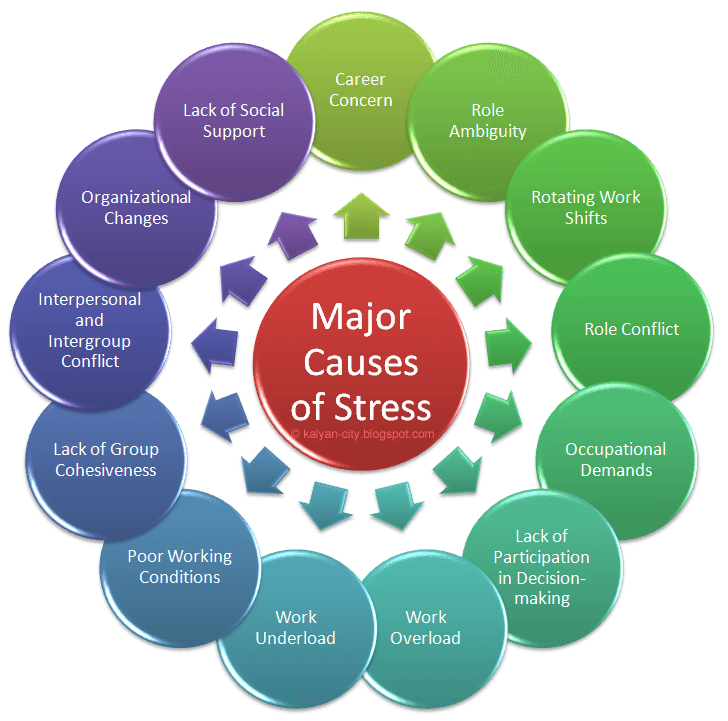 It is possible that you are faced with cluster feeding.
It is possible that you are faced with cluster feeding.
Greetings! My name is Yulia Zharikova, I am a pediatric neonatologist , and today we will talk about how to survive during cluster feeding and why it is needed.
During cluster feeding, the baby needs mother's breast after a short time within a few hours. This phenomenon often occurs in the late afternoon. But do not be surprised if it overtakes you at any time of the day. Cluster feeding is a physiological phenomenon that lasts from a few hours to 2 days. It has a physiological basis. nine0015 What kind?
During the first year of life after birth, the baby goes through several threshold stages in its development. Most crucial moments fall in the first six months. Currently the child needs more nutrients. The mechanism of cluster feeding is the natural stimulation of breast milk production.
On the other hand, suckling soothes the baby and gives him a sense of security and calm. Cluster feeding is good for the baby. nine0015 First, the baby gets extra milk. Secondly, suckling gives him a sense of security and comfort, because he is next to his mother. Thirdly, after cluster feeding, the child sleeps longer and calmer.
Cluster feeding is good for the baby. nine0015 First, the baby gets extra milk. Secondly, suckling gives him a sense of security and comfort, because he is next to his mother. Thirdly, after cluster feeding, the child sleeps longer and calmer.
I understand that this is another exam for a woman, so let's take care of how to benefit our child and survive in this.
Ask a loved one for help: bring a glass of water, a snack, or just be with you and say a few kind words. Drink plenty of fluids. Learn to recognize the early warning signs of a baby's hunger: snapping lips, quick and casual sucking on the nipple, and then pushing it out of the mouth. This will help you plan your time. If cluster feeding occurs suddenly, deal with it. nine0003
In order not to run out of energy, take care of food that does not need to be cooked. For example, whole grain bread, butter, sweet tea, apples, etc. Remember that your comfort comes first: choose a comfortable place for yourself, keep books, TV remote control, tablet, etc. nearby.
nearby.
Do not even think that there is no milk in the breast. It definitely is, because the mammary glands never become empty.
Most of the problems of the baby that young parents face are related to the immaturity of his nervous system. For example, spitting up after eating. Naturally, this scares parents, so the doctor is often asked: why does the child spit up, how to prevent or reduce spitting up, is there any medicine for spitting up?
Let's talk about regurgitation in babies.
As usual, let's turn to knowledge first. The body of children differs from the body of adults not only in size. First, the baby's stomach lies horizontally. Secondly, the baby is born with immature nervous regulation of muscle work. Therefore, food easily passes from the stomach into the esophagus and vice versa, it is difficult to pass into the intestines. Swallowing and movements of the stomach muscles are not coordinated. This is also important to remember because almost all the time the baby lies on his back. Thirdly, already at the age of two weeks, the baby eats a fairly large amount of food compared to its weight. Just imagine that your lunch will be equal to 1/5 of your body weight ...
Thirdly, already at the age of two weeks, the baby eats a fairly large amount of food compared to its weight. Just imagine that your lunch will be equal to 1/5 of your body weight ...
Regurgitation is facilitated by a violation of the speed of feeding when the baby suckles too quickly. This is especially true for bottle feeding.
What can you do to reduce spitting up?
Pay attention to the sucking speed. Breastfeeding babies suck more slowly, and it is easier to do it from a bottle, so the speed is greater. Make it a rule to interrupt the baby two or three times and wait 1 minute for the baby to burp. nine0015 If you are a bottle feeder, choose a suitable nipple. The child should suck out the formula with some effort.
After finishing the feeding, carry the baby again in an upright position and then place it on the right side of the crib. Raise the headboard 30 degrees. Keep in mind that spitting up and vomiting can be symptoms of an illness that require the advice of a doctor.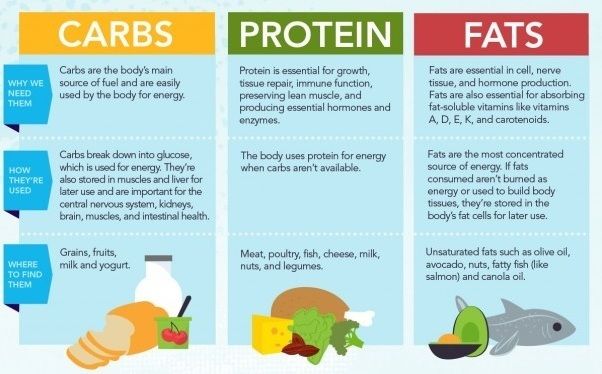
What to pay attention to?
The main sign of vomiting is the active expulsion of milk from the stomach, in which you will see the tension of the abdominal muscles. Be sure to pay attention to the general condition of the child. If your baby is crying painfully, eating poorly, looking unwell, and not gaining weight, don't waste your time. The doctor, even in case of diseases of the stomach and esophagus, first of all, will give recommendations on the technique of feeding, and then prescribe a medicine. Food impurities and herbs do not lead to success. nine0003
The baby is growing and his nervous system is gradually maturing. Therefore, at about the age of 6 months, regurgitation disappears on its own.
In the first month of life, not only do you get used to being a mom, but the baby also adapts to life. It is not so easy for his internal organs to adapt to new conditions, especially for the intestines. Therefore, we will pay special attention to this most important organ, because often the health of the baby and the peace of mind of his parents depend on his work. nine0003
nine0003
What is lactase deficiency will help you figure out what to do if you suspect your child has it.
I'll start with physiology. The main processes of digestion do not take place in the stomach, as many believe, but in the intestines. It is in the small intestine that the lactase enzyme breaks down the milk sugar lactose into two nutritional molecules: galactose and glucose. This is a powerful drain of energy for the rapid growth and development of the baby in the first year of life, and glucose is also the main nutrient for the brain. In addition, this enzyme controls the lactobacilli living in your child's intestines. When their quantity is normal, they help digestion and assimilation of milk. nine0014 With a lack of lactase, the number of lactobacilli increases sharply, and their excessive activity leads to fermentation and the formation of gases in the child.
What does this lead to?
Every time soon after feeding, the baby's tummy increases in size from excess gas, the mother is frightened by too frequent, rare, and sometimes even frothy stools and the baby's constant spitting up, and the baby suffers from pain and cannot calm down. This condition is called colic. I don’t know if I will reassure you, but you are definitely not alone, most babies and their parents experience temporary discomfort from a lack of lactase. nine0003
This condition is called colic. I don’t know if I will reassure you, but you are definitely not alone, most babies and their parents experience temporary discomfort from a lack of lactase. nine0003
How dangerous is temporary lactase deficiency for a baby?
Transient lactase deficiency is not considered a disease. Over time, more and more of the enzyme is produced, and the symptoms slowly decrease until they subside completely. But there are cases when a lack of lactase significantly changes the internal environment of the intestine, the stool becomes too acidic and can irritate and even damage the intestinal wall. Fortunately, this rarely happens. In most babies, temporary lactase deficiency does not affect their health. nine0003
“My baby is three weeks old. After each feeding, she cries, sleeps badly, gaziki interfere, and so on all the time. I already have a feeling of guilt and fear of every feeding. Nothing helps: neither espumizans, nor all sorts of plantexes .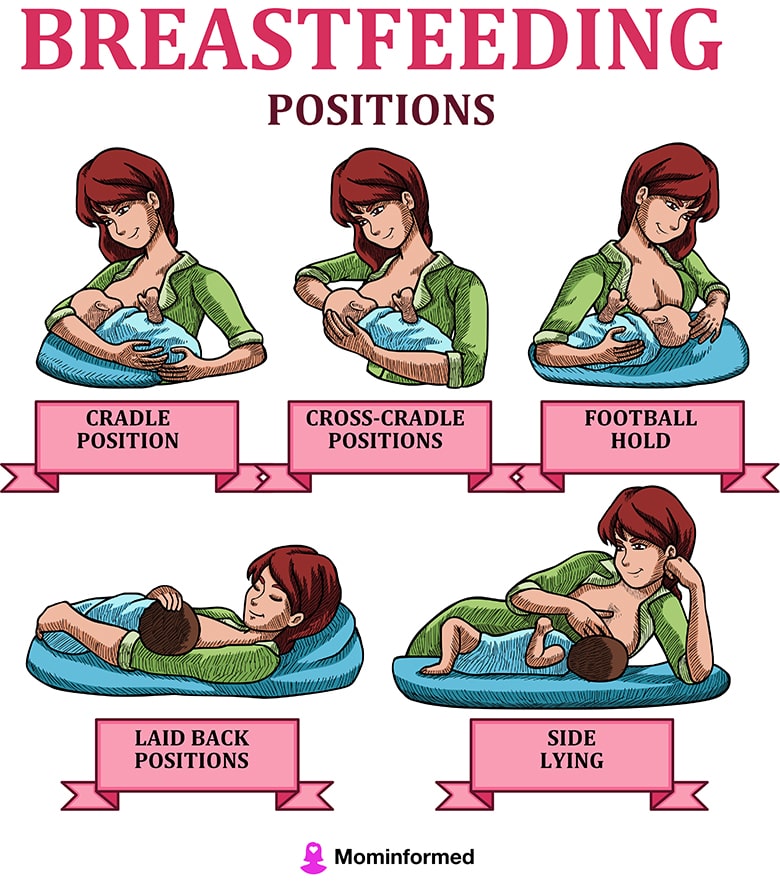 .. Advise what to do? This is a question from the moms forum.
.. Advise what to do? This is a question from the moms forum.
What, first of all, depends on the mother if the child does not have enough lactase?
Let me briefly remind you that in general, milk in the mammary gland is conditionally divided into anterior and posterior. And it is in the front portions that there is a lot of milk sugar, which gives the milk a pleasant taste, but requires a lot of the lactase enzyme for absorption. Until three or four months, the lactase enzyme is produced little, so the child suffers from pain and stool disorders. nine0003
How to survive temporary lactase deficiency?
First, I propose to arrange breastfeeding of the child. Feed milk from one breast until he sucks all the milk. Keep in mind, the more often you express milk, the more milk sugar it has . To reduce the number of pumping times, put your baby on the same breast every two to three hours. So you regulate not only the quantity of milk, but also its quality.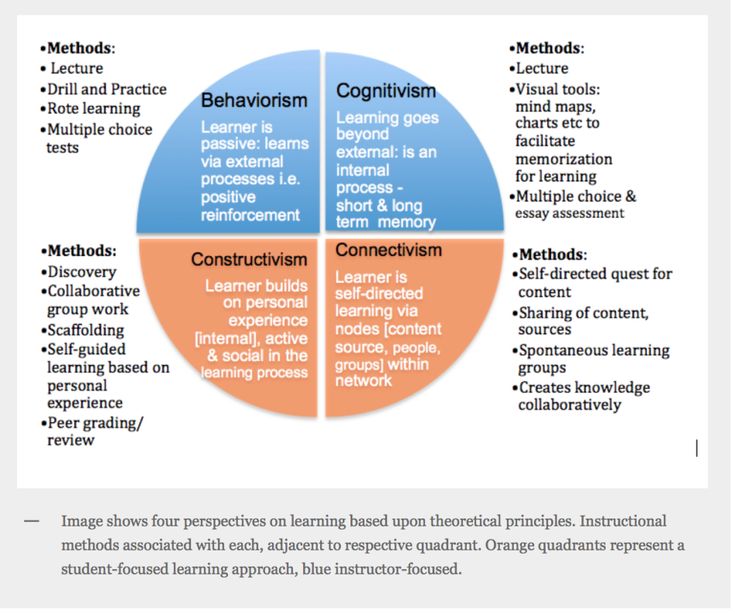
Do not breastfeed your baby for any reason. If you give this time, then the baby will properly latch on to the breast and receive hind milk, and the stomach will be calmer. Remember that pain is a sign that the baby is not breastfeeding properly . A sign that you are doing everything right will be a pleasant and painless feeding for you, as well as nipples without cracks. Don't believe that life is painful, life is practice.
Be careful when using breast pads as they make it harder to latch on properly.
Don't skip night feeding because it is at night that the fattest hindmilk is produced. Do not interrupt breastfeeding immediately after the baby has eaten: let him suck a little more. And know that sometimes a few days of proper feeding are enough to improve the stool and bowel function of the baby. nine0003
It takes 3-4 months for the lactase enzyme to fully mature. We are all very worried when something is not being repaired in our children, naturally we want to help, but remember that only a doctor can establish diagnoses, but proper care depends solely on you.
Listen to the audio version
- listen on Apple Podcasts
- listen on Google Podcasts
There are legends and myths about colic in babies. How many are afraid, they are fighting, they are trying to warn. More often they appear precisely during adaptation after birth. They do not belong to the diseases of the child, but sometimes they significantly injure the psyche of the parents. nine0003
How to relieve colic in babies is one of the most common queries in adults. While suckling on either the breast or the formula bottle, babies swallow air, which irritates the stomach and causes painful cramps. First of all, think that the baby swallowed air if he starts to fuss and suck quickly. Stop feeding and let the baby burp and he will become calm.
There are several techniques, but we will consider the most common one.
How can you help your baby?
Cover your shoulder with a piece of cloth to keep your clothes clean. Take the child in your arms so that his tummy is towards your chest, and your palm supports his buttocks. Bring the fingers of the second hand together and for one minute slowly clap the baby between the shoulder blades: first up the back, and then down the same way. Splash can be replaced by soft rubbing in the same directions. Press your palm against the baby's back firmly but gently. The main thing is to avoid rough movements so as not to harm. nine0003
Take the child in your arms so that his tummy is towards your chest, and your palm supports his buttocks. Bring the fingers of the second hand together and for one minute slowly clap the baby between the shoulder blades: first up the back, and then down the same way. Splash can be replaced by soft rubbing in the same directions. Press your palm against the baby's back firmly but gently. The main thing is to avoid rough movements so as not to harm. nine0003
Be aware that it is not always possible to hear the sound of burping, so be guided by the behavior of the child. During a feed, I recommend allowing the baby to burp somewhere in the middle and after the feed is over. Watch your child and after a short practice, you yourself will understand what is best and how much time it takes with your child.
Keep in mind that no one has yet researched how bloating remedies work in babies, it is highly doubtful whether they work at all. Don't worry, if you put in the effort, you can get by without it.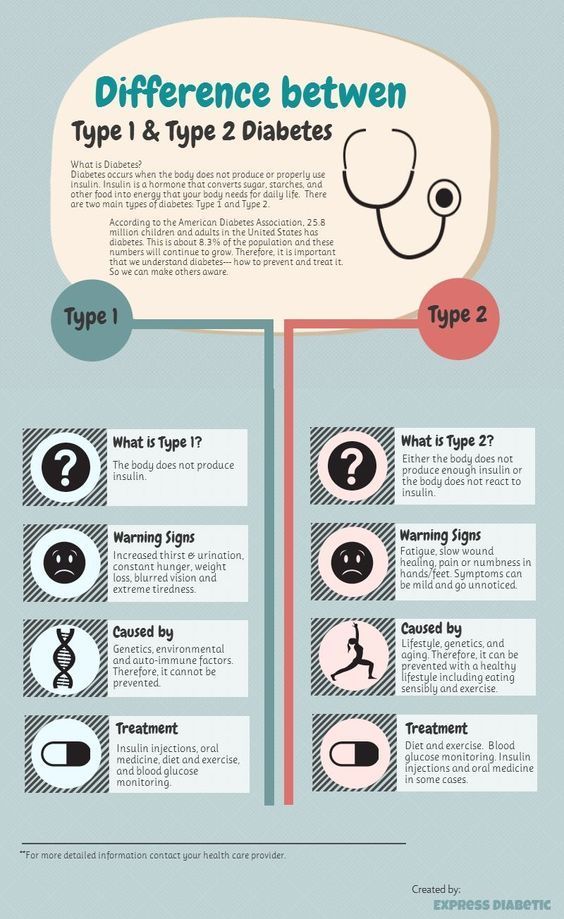 nine0003
nine0003
Giving a child a chance to burp is also a great opportunity to once again take the child in your arms, talk to him, in a word, it is an opportunity to show sympathy to the child about his pain and troubles, and what could be more valuable?
And remember, breastfed babies swallow less air than bottle-fed babies.
Modern doctors believe that the problem of colic is due to a digestive problem and a lack of enzymes. As a result, excess gases form in the intestines, so the baby cries. Most often, this condition occurs in the late afternoon, lasts at least three hours a day for three months. If you are in the subject, then this program is for you. nine0003
If colic is really caused by excess gas, how can we alleviate the child's condition?
Lay your baby out for three to five minutes on your stomach before each daily feed. Do not be afraid that the muscles of the neck are not yet sufficiently developed, the kids turn their heads perfectly so that they can breathe.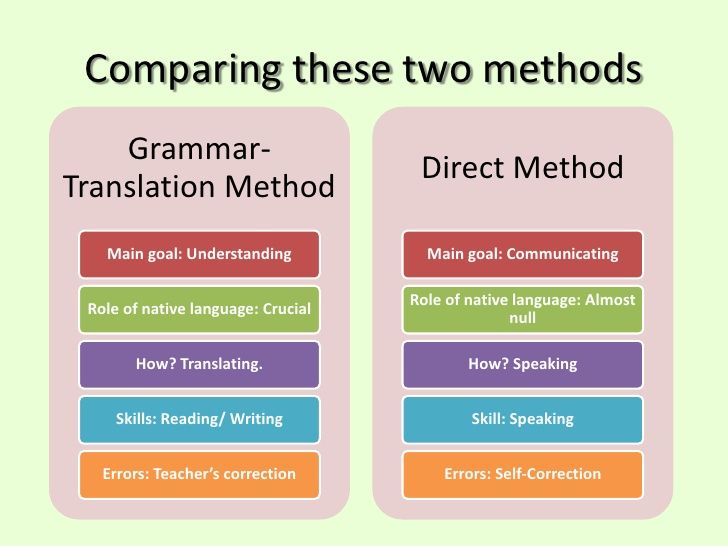 While the child is lying on his stomach, with your thumbs, gently walk once along his spine, then turn the baby on his back and gently massage the elbow and knee joints and feet with care. But do not get carried away, remember that your only goal is to calm the baby. nine0003
While the child is lying on his stomach, with your thumbs, gently walk once along his spine, then turn the baby on his back and gently massage the elbow and knee joints and feet with care. But do not get carried away, remember that your only goal is to calm the baby. nine0003
If your baby is crying shortly after a feed, try the following light exercises to make it easier for gas to pass out of the intestines. Fix the baby's legs bent at the knees with your fingers, then make three to five movements like on a bicycle. Straighten the baby's legs as far as possible, lift them up and push them towards the tummy without undue effort. Often during such an exercise, you can hear the release of gases, and the child calms down. Don't forget about skin-to-skin contact - this is probably the best pain reliever for a child. nine0003
And now about what not to do.
So-called dynamic gymnastics exercises are a bad idea. For sudden and too active movements can lead to shaken baby syndrome..jpg) YouTube is definitely not an assistant for you: massage of the abdomen does not affect the amount of enzymes, but by chance the internal organs can be damaged, do it not for long and gently.
YouTube is definitely not an assistant for you: massage of the abdomen does not affect the amount of enzymes, but by chance the internal organs can be damaged, do it not for long and gently.
There are several theories about the causes of colic in infants. Now there are more and more substantiated facts about the connection between colic and the degree of maturity of the child's brain. Therefore, remember that neither massage nor exercise, and even more so - special drops, are not universal remedies and only help children with temporary digestive problems. Most importantly, stay calm and provide care that keeps your child safe. nine0003
“Recently, the baby has crusts on her cheeks, which have already spread to her forehead. I went to an allergist, and she said that it was an allergy to milk, and she picked up a diet for me. I had to give up the usual products, but the baby got better, ”such stories can be read on many forums, where quite often young mothers raise the topic of babies’ allergies to breast milk.
I will explain why it occurs and what should be done first of all when it appears.
Diet for mom.
True milk protein allergy occurs in only 6% of children. And in addition to skin rashes, it is accompanied by other symptoms, such as abdominal cramps, vomiting, diarrhea.
Mom or dad often has allergies. The problem is that they not only diagnose it themselves and the child, but also independently prescribe a strict diet for the baby, nutritional supplements, and constantly change milk formulas. And this is already harmful to the health of the baby.
What to do if you suspect a baby is allergic to breast milk? nine0003
Do not rush to transfer him to artificial feeding. Keep in mind that soy or goat milk based formulas also trigger an allergic reaction, as do rice based formulas that are just now being researched. At the same time, both soy and rice cause inflammation of the small intestine, and this already reduces the quality of life of the baby.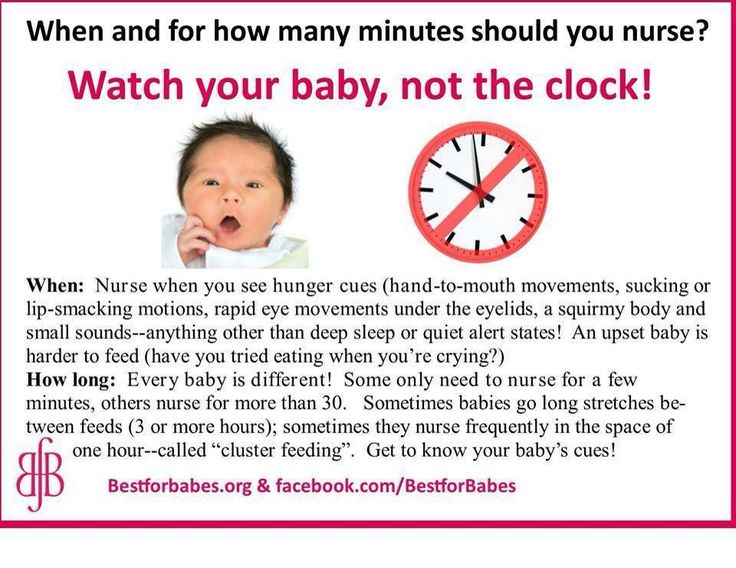
First, give up milk, butter, any kind of cheese, and food prepared with animal fat, such as baked goods. Kefir, fermented baked milk and yoghurts are also not for you yet. Exclude beef from meat. nine0003
Feeding according to the rules.
Before feeding the baby, express the first portion, which is rich in milk sugar, and let him suck out the back milk. Do not express a lot of milk, so as not to provoke hyperlactation. These simple methods are very effective. Often they are enough to improve the health of the baby. Then mom can relax the diet.
Gradually introduce beef and hard cheese into your diet. Follow the rule: one new product every three days. The only exceptions are whole milk and pastries. They are banned! nine0003
Allergies are often presented as something mysterious and dangerous. And many people think that it is very easy to diagnose and cure it. Unfortunately, this is not the case. And advice from the forum for this is not enough. This work is very complex. And if the diet does not help, look for a doctor.
And if the diet does not help, look for a doctor.
Everything we just talked about can be read, go to the website medpravda.ua in the "Podcasts" section and use the necessary information.
Health and peace to you and your kids!
Listen to audio version
- listen on the Apple Podcasts platform
- listen on the Google Podcasts platform
The baby began to breastfeed more often. This is fine?
This is the period in a baby's life when he begins to breastfeed more often. For example, if yesterday your child ate an average of once every two hours, and today he requires a breast every half an hour or an hour, we are talking about cluster or group feeding. This is a temporary change in the feeding regime, however, parents are unlikely to be happy with such changes and may think that they are doing something wrong. We hasten to reassure you: cluster feeding is normal. nine0003
This usually happens within the first 28 days of a baby's life.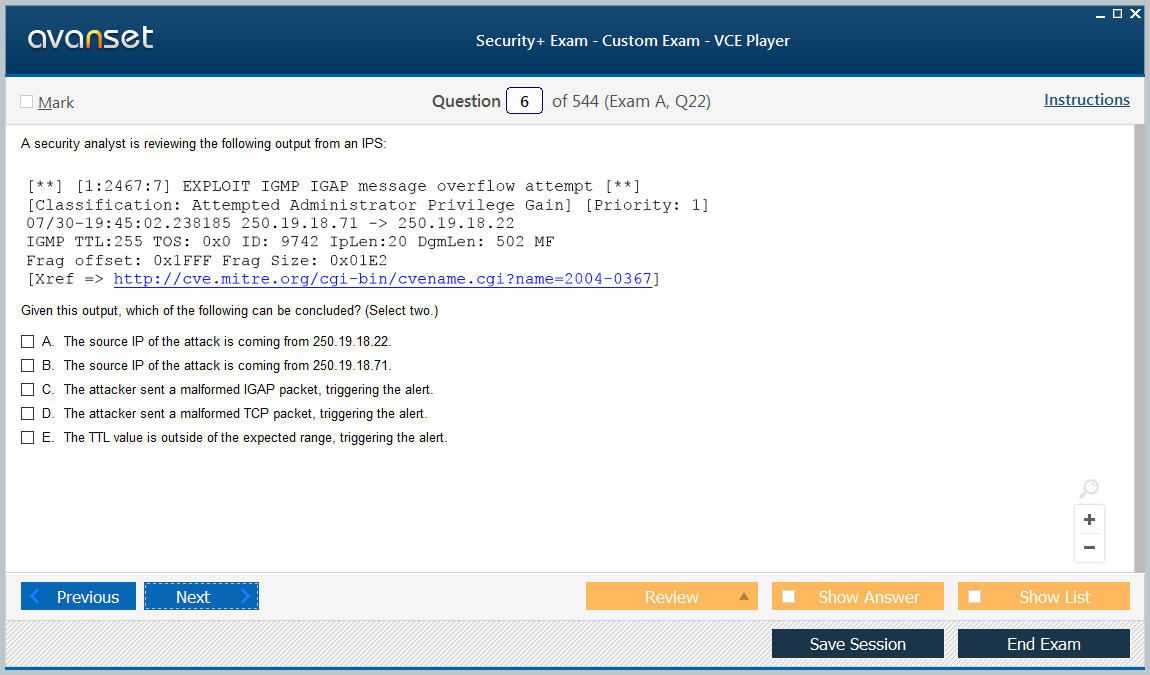 As David Hill, Fellow of the American Academy of Pediatrics, says, the first "attack" of cluster feeding usually occurs on the 10-12th day of life, and then repeats in the region of three months. But in general, cluster feedings are typical for the entire first half of a baby's life.
As David Hill, Fellow of the American Academy of Pediatrics, says, the first "attack" of cluster feeding usually occurs on the 10-12th day of life, and then repeats in the region of three months. But in general, cluster feedings are typical for the entire first half of a baby's life.
Most often, cluster feedings occur in the late afternoon, when the baby gets tired of external stimuli and wants to calm down and fall asleep. Cluster feedings often accompany growth and developmental spurts. Sometimes they can last all day. nine0003
The first weeks and months of a baby's life are a difficult time for him, because he is constantly growing and developing, accepting new conditions of life outside the womb, adapting to the outside world. To do this, he needs not only to get food regularly, but also to calm down, because this big world is such a complicated thing.
Sucking and being at the mother's breast is a natural need for the baby, so he uses cluster feedings not only to eat, but also to get close contact with the mother. So don't get mad at him, he really needs it. And do not listen to those who say that "that way he will make a dummy out of you." Won't. Listen to yourself and the child, you are doing everything right. nine0003
So don't get mad at him, he really needs it. And do not listen to those who say that "that way he will make a dummy out of you." Won't. Listen to yourself and the child, you are doing everything right. nine0003
The good news is that there is evidence that this behavior precedes longer sleep (we're talking about four to five hours). Why, it's a whole chasm of uninterrupted sleep when you have a newborn!
Yes, indeed, cluster feedings can exhaust a mother. But, as the same Hill says, they are important for her, especially if they occur at the initial stage of motherhood. The fact is that by frequent application, the baby stimulates the production of milk, thus helping the mother to quickly establish full lactation. nine0003
Of course, a baby needs maternal care and warmth, skin-to-skin contact, but you should not forget about yourself during this exhausting period of group feedings! More precisely, it is strictly forbidden, otherwise you risk bringing yourself to emotional exhaustion. Here's what can be done.
Here's what can be done.
Do not blame yourself and the child. He is all right, all babies have such days, and you are doing everything right - offering him what he needs most now.
Do not forget to drink and eat , because your body is now intensively establishing lactation, which means it consumes a large amount of energy. Eat well and don't limit yourself to kuro-buckwheat.
Sleep between feeds . Facebook and Instagram can wait. Especially if cluster feedings caught you at night, and the baby wakes up every hour. Yes, it will seem to you that it is easier not to sleep at all than to spend time on short sleep sessions, but this is not so.
Connect partner . Yes, you may think that this is rather pointless, because he does not have breasts with milk. But he can carry the baby in his arms while you drink tea or spend time in the shower - during this period it is important to give yourself a little respite.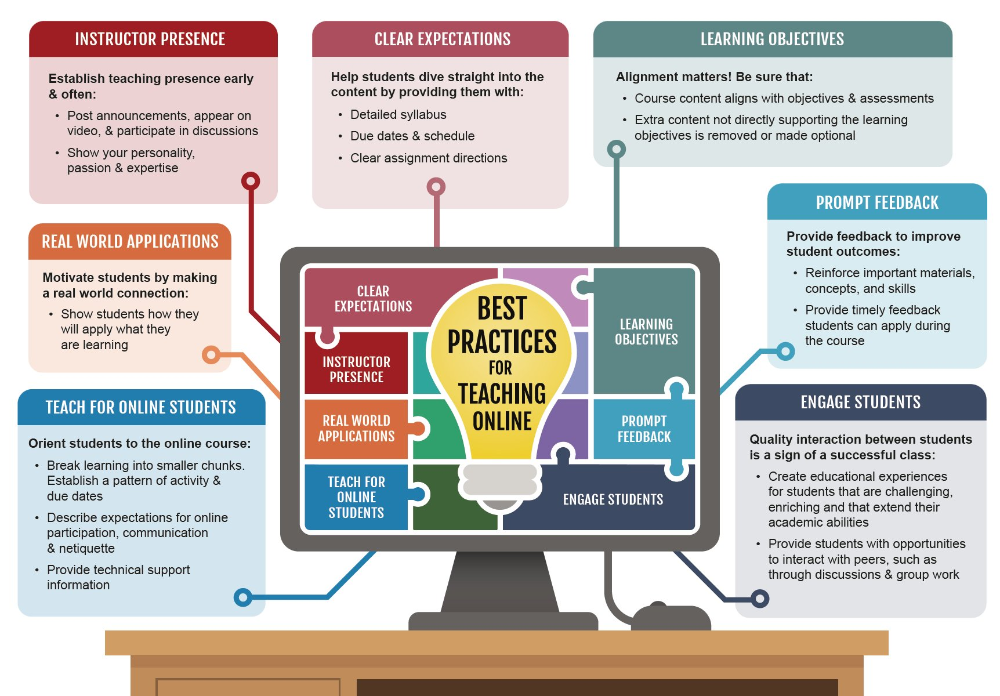
Don't listen to the "experts" . You will definitely be advised to put the child down and "let him scream" or do something else so that "God forbid, spoil him." But you shouldn't do that. We now know more about children and their needs than ever before. So: cluster feedings will not spoil your baby. He really needs them. In any case, more than senseless motion sickness, attempts to distract and hiss are more necessary. nine0003
It is believed that one episode of grouped feedings should not exceed two days, and the application itself should not exceed an hour. If the baby “hangs” on the chest for an hour and this has been happening for two days, you need to contact a lactation consultant or a pediatrician you trust.
We asked Daria Utkina, a doula and mother-and-child care consultant, to talk about cluster feeding.
Not all babies go through this period, but most do. It seems to me that knowing in itself that this is a physiological norm, and not an epic fail in becoming a milk fairy, already gives a lot of peace of mind. Often women worry that the reason for cluster feedings is the notorious “not enough milk”, although the child has just enough of everything. nine0003
It seems to me that knowing in itself that this is a physiological norm, and not an epic fail in becoming a milk fairy, already gives a lot of peace of mind. Often women worry that the reason for cluster feedings is the notorious “not enough milk”, although the child has just enough of everything. nine0003
Speaking of support, it's very cool when there are people nearby who also know that cluster feeding is a variant of the norm and you don't have to fight with it. Because even a confident and informed mother will be disturbed by the constant background anxiety of relatives. And if this is the first baby and everything is still completely new, then any comments on the topic “something is not working out for you”, “something is wrong with the child” will fall into the most vulnerable point.
Evening time can also be planned in advance, taking into account the baby hanging on the chest. Arrange with a partner to come to the beginning of vigils, call a postpartum doula or a friend / mother / anyone to be around. nine0003
nine0003
On the contrary, it helps some women to break the stereotype about crazy evenings at home, pack the baby in a sling where he can feed non-stop, and go out into the world.
Well, adjust expectations all the time. Cluster feedings become a problem when the idea sits in your head that a baby usually eats at least once an hour, or even every three hours. And when everything happens differently, it makes you reconsider your ideas not only about babies, but also about your life with them.
Many of my clients find it helpful to remind themselves of "one thing a day." Especially for those who are accustomed to work tirelessly and assumed that while the baby was sleeping and eating, it would be possible to continue almost in the same rhythm.
Plus, sometimes it happens that cluster feedings are just situations where a child for some reason (inefficient attachment, a short bridle, for example) has to be on the breast all the time to get the right amount of milk. In this case, it would be good to call a consultant on breastfeeding and find out what is the reason. nine0003
In this case, it would be good to call a consultant on breastfeeding and find out what is the reason. nine0003
During cluster feedings, the mother has a huge responsibility and may feel overwhelmed, exhausted and frustrated. Obviously, dads can't offer to help feed their baby, but there are some important ways they can help moms.
Get up with your mother. This is really important, she will not feel so lonely if the partner tries to cheer her up during feeding (and at the same time not fall asleep next to her).
Bathe, walk, entertain the child (and also his brothers and sisters). Cluster feeding will be much easier for mom if she can focus only on this.
Take on household chores. Clutter in the house is unlikely to help you stay calm. Conversely, if household chores are in order, mom will be less anxious on busy cluster feeding days.
No.